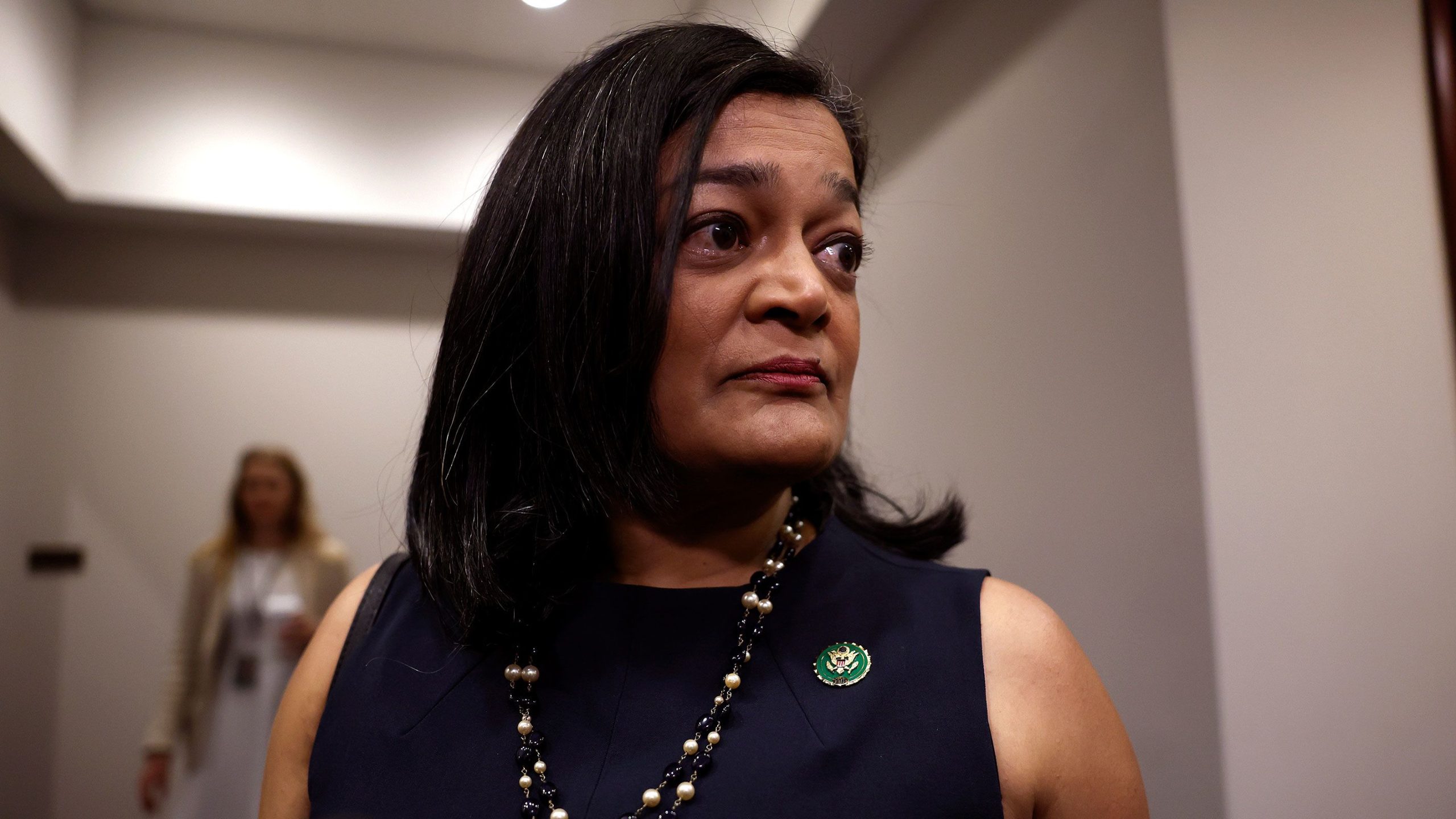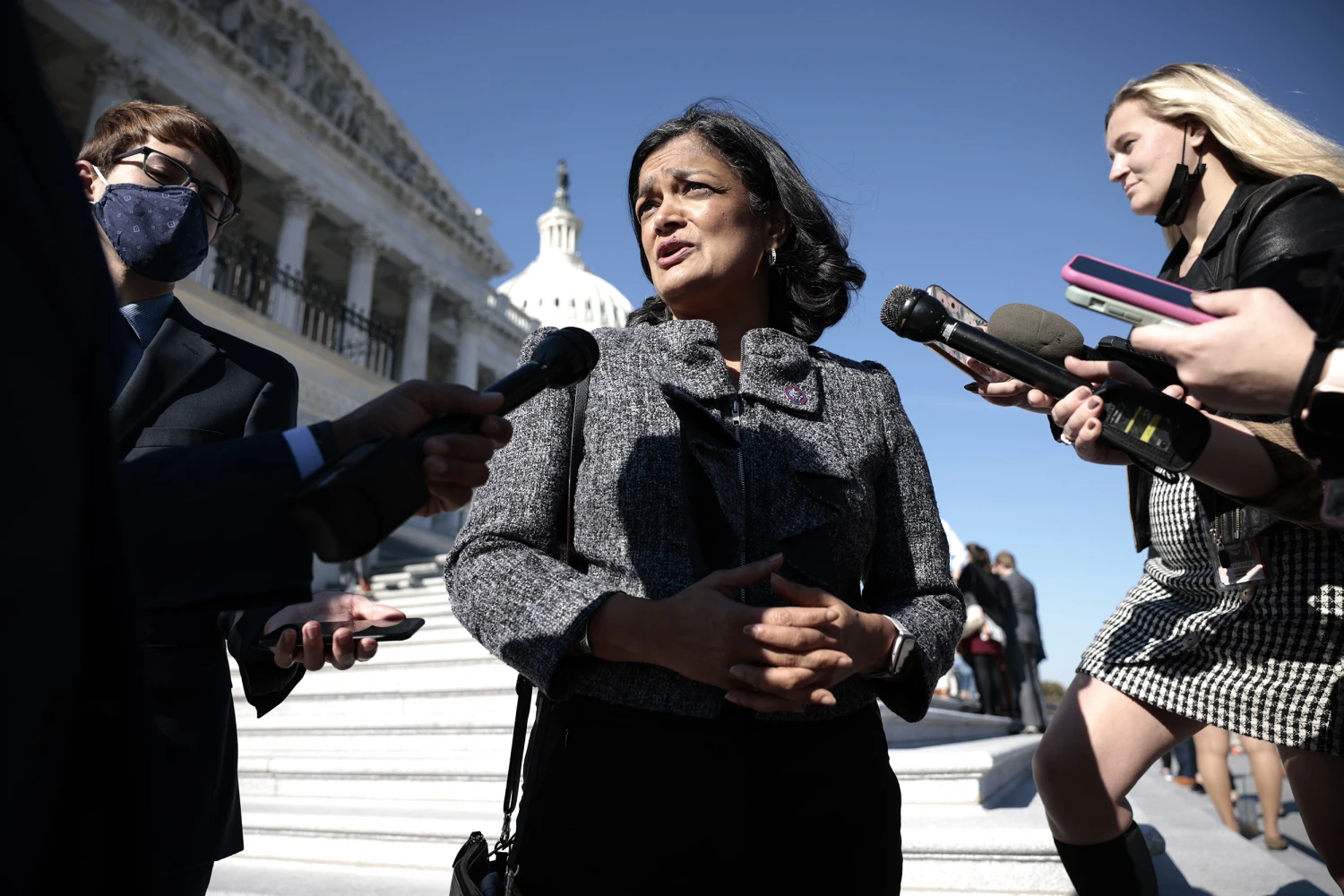Democratic Representatives Pramila Jayapal and Ilhan Omar recently visited Cuba, advocating for eased relations with the Communist-led nation. Facing backlash from Republicans who accused them of sympathizing with Cuba’s government, the lawmakers emphasized the importance of engagement with Cuba and supporting its reform efforts.
Jayapal and Omar met with Cuban President Miguel Diaz-Canel and other officials, as well as community leaders and families of political prisoners. Despite criticism, they defended their trip as a means to understand the situation in Cuba and explore avenues for constructive engagement.

The representatives’ visit underscores divisions within the Democratic Party regarding foreign policy, particularly on issues like immigration and support for Israel. While Jayapal and Omar represent the party’s progressive wing, their stance on Cuba highlights broader debates within the party.
Cuba-U.S. relations remain contentious, especially in states like Florida with large Cuban-American populations. The Republican Party has historically favored strict sanctions on Cuba, with former President Trump rolling back Obama-era efforts to improve relations.
President Biden, while promising to reverse some of Trump’s policies, has yet to make significant changes to U.S. policy towards Cuba. The island nation faces economic challenges, leading to an exodus of Cubans seeking better opportunities elsewhere.

Critics of sanctions argue that they harm ordinary Cubans without effecting political change. They advocate for policies that promote engagement and trade to improve the lives of Cubans and foster democratic reforms.
In the face of ongoing economic crisis and political repression in Cuba, the debate over U.S. policy towards the island nation remains complex, with differing views on the effectiveness of sanctions and the need for diplomatic engagement.





